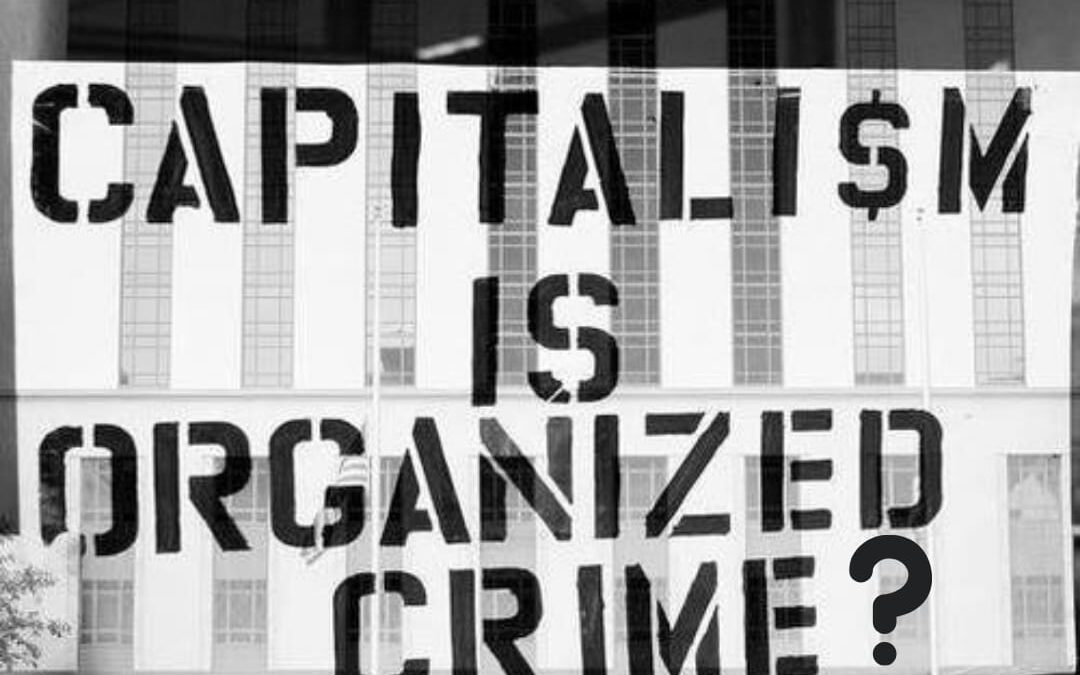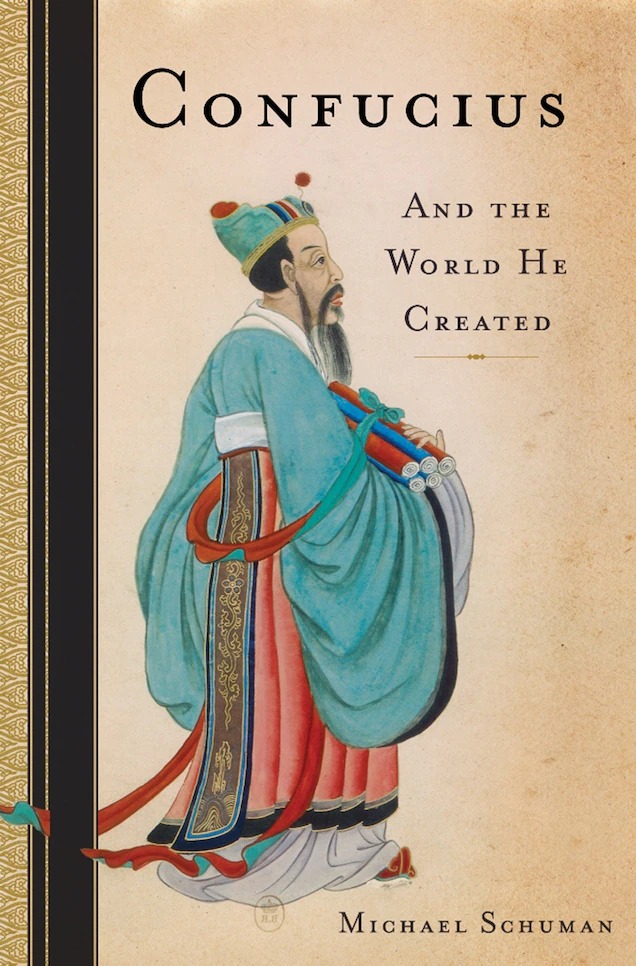Politics on paper is a vocation of public service, delivered to the highest standards. So why is it seen by many as a rent-seeking opportunity? Some reflections.
“Indeed, that was an apt and true reply which was given to Alexander the Great by a pirate who had been seized. For when that king had asked the man what he meant by keeping hostile possession of the sea, he answered with bold pride,
“What do you mean by seizing the whole earth; because I do it with a petty ship, I am called a robber, while you who does it with a great fleet are styled emperor”.
St. Augustine – City of God
Standards in Public Life
One of the questions, when I was interviewed by the Labour Party, for my selection as a councillor candidate, was my knowledge in regard to the Nolan principles. The Committee on Standards in Public Life (CSPL) is an advisory non-departmental public body of the United Kingdom Government, established in 1994 to advise the Prime Minister on ethical standards of public life. It promotes a code of conduct called the Seven Principles of Public Life, also known as the Nolan principles after the first chairman of the committee, Lord Nolan.
The committee promotes a code of conduct for those in public life called the Seven Principles of Public Life.
- Selflessness – Holders of public office should act solely in terms of the public interest.
- Integrity – Holders of public office must avoid placing themselves under any obligation to people or organisations that might try inappropriately to influence them in their work. They should not act or take decisions to gain financial or other material benefits for themselves, their family, or their friends. They must declare and resolve any interests and relationships.
- Objectivity – Holders of public office must act and take decisions impartially, fairly and on merit, using the best evidence and without discrimination or bias.
- Accountability – Holders of public office are accountable to the public for their decisions and actions and must submit themselves to the scrutiny necessary to ensure this.
- Openness – Holders of public office should act and take decisions in an open and transparent manner. Information should not be withheld from the public unless there are clear and lawful reasons for so doing.
- Honesty – Holders of public office should be truthful
- Leadership – Holders of public office should exhibit these principles in their own behaviour. They should actively promote and robustly support the principles and be willing to challenge poor behaviour wherever it occurs.
These Seven Principles apply to anyone who works as a public office holder including
- Those elected or appointed to public office, nationally or locally,
- Those appointed to work in the civil service, local government, the police, courts and probation services, Non-Departmental Public Bodies, and in the health, education, social and care services, and
- those in the private sector delivering public services.
So, that’s the theory.
Inequality, Dysfunctional Politics and ‘The Game’ of the Political Class
Richard G. Wilkinson and Kate Pickett in their seminal book, ‘The Spirit Level’ put the case forward that the more unequal a society is, the more dysfunctional are the politics, public policies and socioeconomic outcomes. The high levels of inequality in Tower Hamlets have had an impact on politics and the motivations of those who enter politics. Political office is highly incentivised, as a means of escaping poverty.
This rent-seeking activity and motivation are known as ‘The Game’. It goes like this, as an elected official, your role is not to look after the interest of the residents and communities that elected you, but to make favourable decisions for vested interests. In the meantime, opiate dust is blown into the eyes of residents with the intention at best they doze off happy or at least have the hallucination that their views count. Play the game and you get to collect rewards every time you pass go.
Breaking the vicious cycle
The above rent-seeking motivations in public life create a vicious cycle of dysfunctional and transactional politics. Putting off capable people and encouraging those, to put it politely, incapable. Giving places such as Tower Hamlets a bad name.
The problem is structural and long term. But it starts with creating a political discourse around the commonly recognised ethical framework and public discourse. A necessary work for those who care about the East End and the vibrant communities that live there.
A journey of a thousand miles begins with a single step.
Confucius






Recent Comments